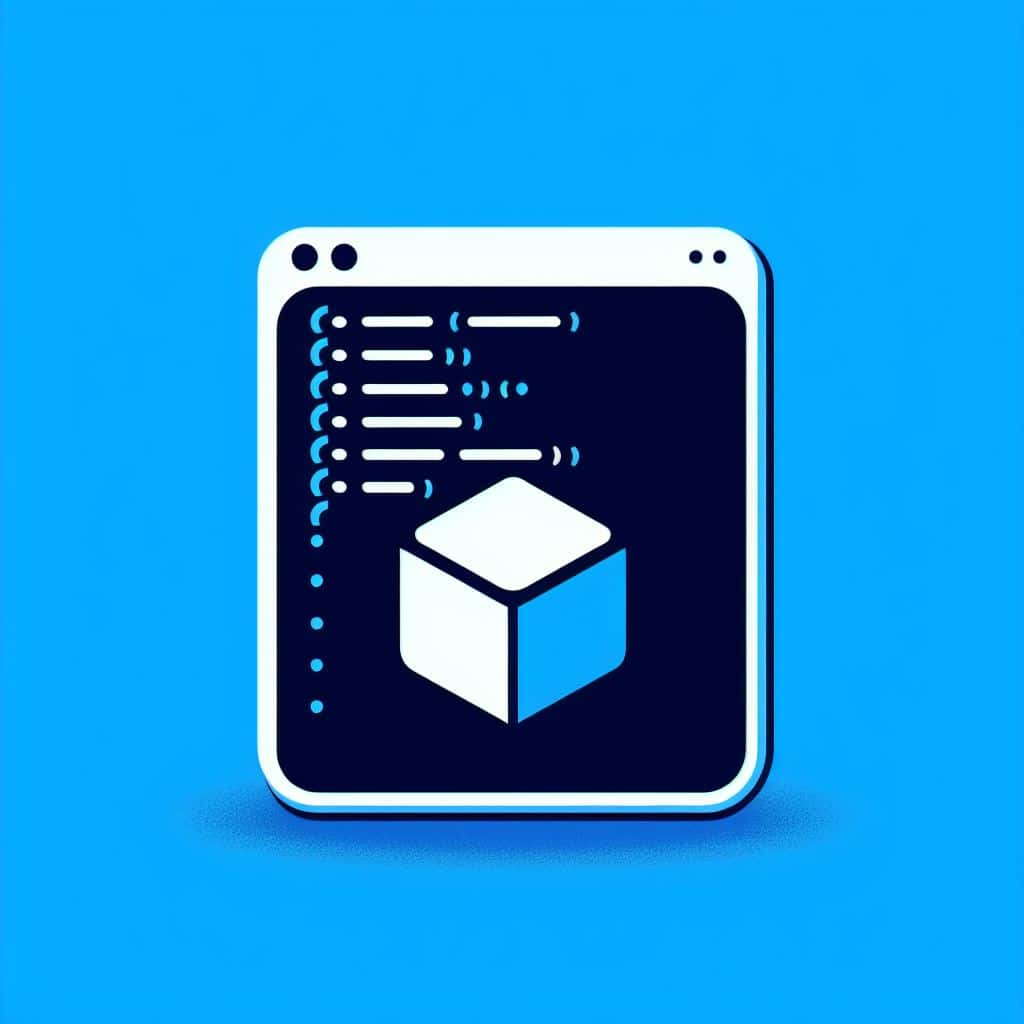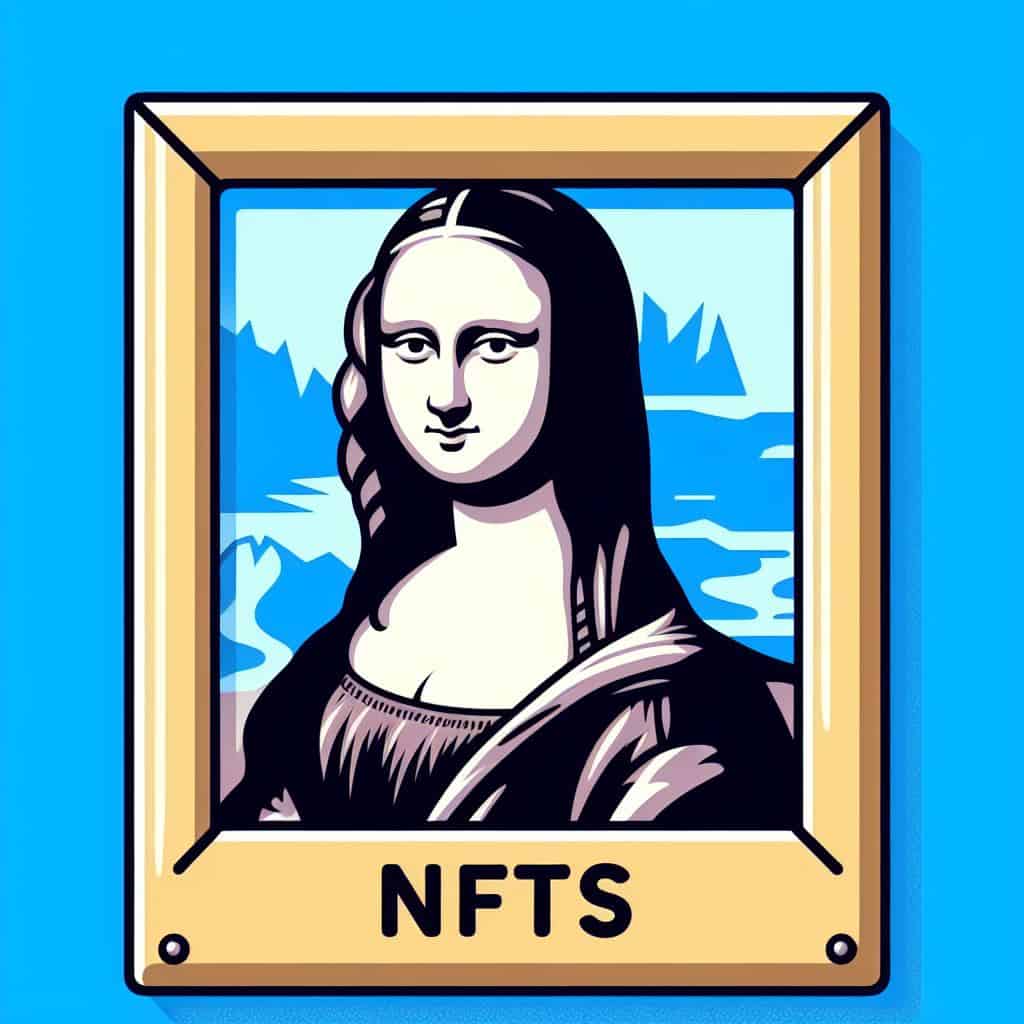If you’ve ever converted your tokens on a decentralized exchange like PancakeSwap or UniSwap, you’ve likely experienced the swift and convenient transactions these platforms offer.
These platforms operate through autonomous programs called smart contracts. In this article, we’ll discuss what these programs are and explore how they function.
Stick around to the end!
What is a smart contract in simple terms?

A smart contract is a digital contract stored on a blockchain that is programmed to automatically execute specific operations when certain conditions, written into the code, are met.
To get an even better understanding of what smart contracts are, let’s break down the key terms.
Digital contract: A contract, in this context, is a written agreement outlining the terms of exchange between two or more parties.
Digital contracts are just like any other contract, what differentiates them is that they are stored and executed on virtual systems (such as blockchain technologies).
Blockchain: A blockchain is a digital ledger that is shared across a network of computers. Each entry in this ledger is a block, and each block contains data that is securely linked to the previous block, forming a chain.
A smart contract is a digital contract stored on a blockchain that is programmed to automatically execute specific operations when certain conditions, written into the code, are met.
TheDeFiMovement
How do smart contracts work
Smart contracts are built to efficiently carry out bilateral tasks without the help of an intermediary. These self-executing contracts are part of a more complex system that facilitates secure transactions between parties.
Imagine you wanted to draw out a loan of $5000 from the bank. You’d need to formally apply for the loan, provide collateral to the bank, and then wait for your loan request to be approved.

In this analogy, the bank acts as the intermediary between people who save (investors) and those who need to borrow money. This system, though functional, lacks speed and efficiency.
Smart contracts eliminate the need for a third party and process transactions almost instantly. Here’s how they work;
- A digital contract, encoded with specific conditions that need to be met for a transaction to take place, is deployed on a blockchain.
- One example of such a condition could be: ‘If Person A sends a specific amount (ABC) of tokens to a wallet controlled by the smart contract (and the contract verifies the transaction), then it should automatically release a specific amount (XYZ) of another token to the same person.”
- When a user interacts with the contract, it executes the users commands once predetermined conditions are met. So, for instance, if User A wants to exchange their USDT tokens for Bitcoin tokens, they’d need to transfer the former into the smart contract, which would then send them BTC tokens once the first transaction has been verified on the blockchain.
Smart contracts have a broad range of applications and are not limited to just token exchanges. In the next section, we will discuss some of the use cases of smart contracts.
Smart contract use cases
Smart contracts have been revolutionizing the way we conduct business since they were first proposed by Nick Szabo in the mid 1990s. This section will explore the various applications and use cases of smart contracts.
Decentralized finance (DeFi)
Decentralized finance can be defined as a system of peer-to-peer financial services that operates without financial intermediaries like banks or brokerages. DeFi platforms use smart contracts to regulate and automate transactions performed on a blockchain.
Supply Chain Management
One of the biggest problems facing supply chains worldwide is inefficiency. Smart contracts can help streamline the entire process of transporting goods from one party to the other.

They also provide a faster and more secure tracking system when compared to current frameworks.
Voting systems
Integrating smart contracts into voting systems can greatly enhance transparency in electoral processes. Since smart contracts are deployed on decentralized ledger technologies, each action can be audited by participants of that network.
Healthcare
Smart contracts hold promise for several healthcare applications. From managing the medical records of patients to facilitating the secure and efficient shipment of pharmaceutical products across locations, smart contracts hold promise for streamlining healthcare processes.
Real estate transactions
With smart contracts acting as intermediaries between property buyers and sellers, the process of investing in real estate can be expedited, requiring less time and effort.
Advantages of Smart contracts
1. Enhanced Security
Smart contracts are deployed on distributed ledgers that are secured by cryptography. What this means is that processes that are carried out on the contract (and transactions that are recorded on the underlying blockchain) cannot be changed or altered.
2. Increased Speed and Efficiency
Conventional two-way operations usually require that intermediaries verify the identity and credentials of participants involved in the transaction. This process usually takes time and may cost a significant amount of resources.

Smart contracts can verify and automatically execute transactions in seconds, making them a faster and more efficient solution.
3. Easy Accessibility
Accessing smart contracts is easy and can be done from anywhere with an internet connection. This allows individuals from all around the world to participate in things that they might have been restricted from.
They function similarly to “if-then” commands.
TheDeFiMovement
4. Open-source
The code written in any public smart contract is open-source, meaning it’s available for any user on the network to review and examine. This transparency fosters trust and accountability, as all parties involved can examine the contract’s logic and ensure its integrity.
5. Disintermediation
Smart contracts operate by facilitating transactions between parties once predetermined conditions are met. They function similarly to “if-then” commands. For example, if Party B transfers token A to XYZ wallet, release token B to Party B.
This design makes them faster and more efficient than traditional intermediaries, completely eliminating the need for them.
What are the disadvantages of smart contracts?
1. Regulatory Uncertainty
The legal landscape surrounding smart contracts (and blockchains) remains uncertain even today. Governments worldwide haven’t set laws in place defining what smart contracts are and how they can be used.
This ambiguity has hindered the widespread adoption of smart contract technology in various industries.
2. Vulnerability to attacks
Smart contracts are typically written using programming language, which means that they are inherently susceptible to bugs, hacks, and security breaches.
In May 2023, hackers stole about $6.5 million from users’ wallets across three blockchains (Arbitrum, BSC, and Ethereum) after hacking the Deus DAO protocol.
3. Immutability
This characteristic of smart contracts serves as both an advantage and a disadvantage. One good thing about a tamper-proof system is that it can’t be easily altered by anyone — even the person who designed the contract.
While this helps improve the overall security of the system, it may also prevent designers from marking timely changes to contracts that have errors.
What is an example of a smart contract?
Smart contracts are increasingly being deployed across different industries on various blockchain networks. This section will take a look at some of the real-life applications of smart contracts.
- AAVE Protocol: The AAVE protocol is a DeFi system that enables users to lend and borrow cryptocurrencies in a fast, secure, and easy way. It is deployed on the Ethereum blockchain.
- NFTs: NFTs, also known as non-fungible tokens, utilize smart contract technology to verify and track token ownership, as well as automate royalty payments.

- Encrypgen is a platform that allows users to store and sell their genetic data to researchers. The platform uses smart contracts to facilitate quick, seamless, and secure transactions between participants.
FAQ
What is the difference between smart contract and blockchain?
A smart contract is a self-executing program that exists on a blockchain. Blockchain technologies provide the framework on which smart contracts are built.
Who writes smart contracts?
Smart contracts are usually written by blockchain developers who have expertise in high-level programming languages such as Solidity and Vyper.
Can a smart contract be hacked?
Yes, smart contracts can be hacked. Since smart contracts are written in code, they are susceptible to containing bugs or vulnerabilities in their infrastructure.
Can smart contracts hold money?
Yes, smart contracts can hold and manage funds in a secure and transparent manner. They act like digital escrow accounts, holding onto cryptocurrencies or other digital assets until predetermined conditions are met.
Can smart contracts be terminated?
Smart contracts, once deployed on a blockchain, are immutable. However, they can be “terminated” in a sense by creating a new contract that supersedes the old one or by implementing specific conditions for self-destruction.